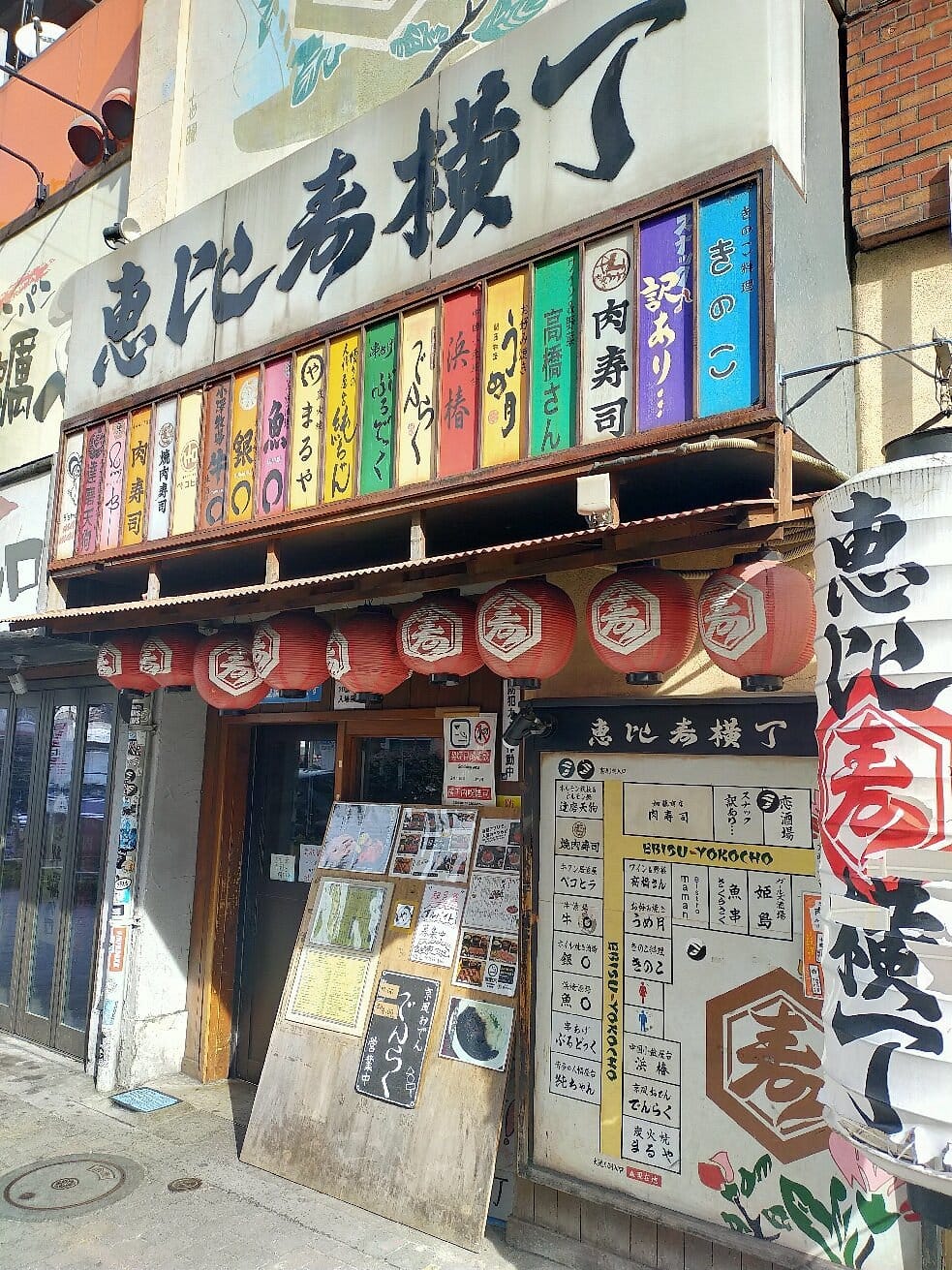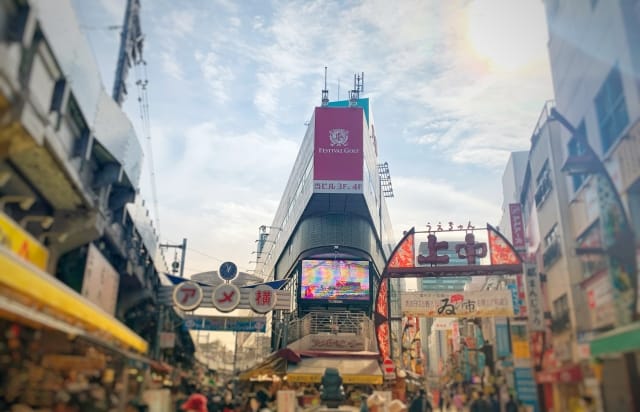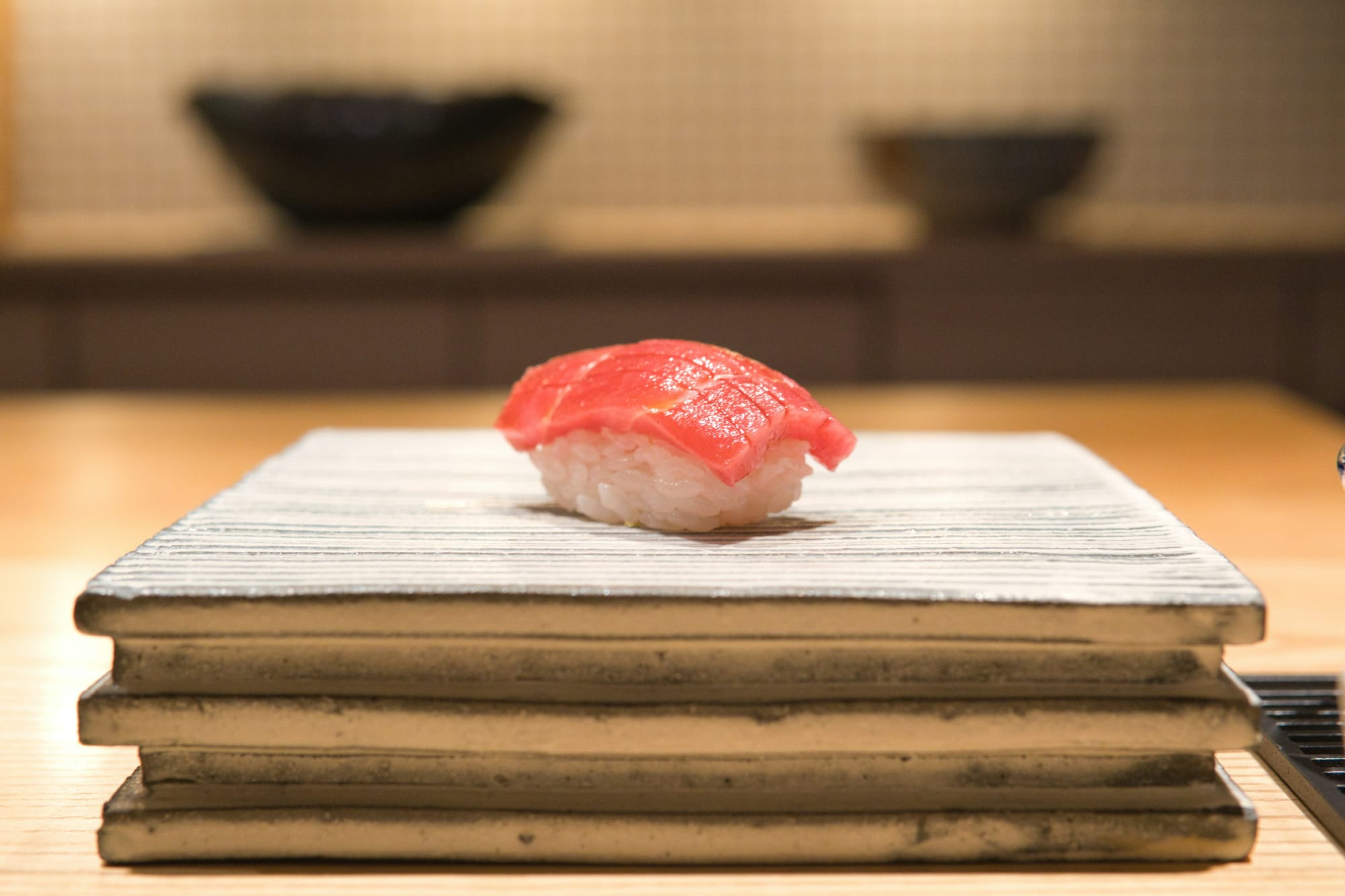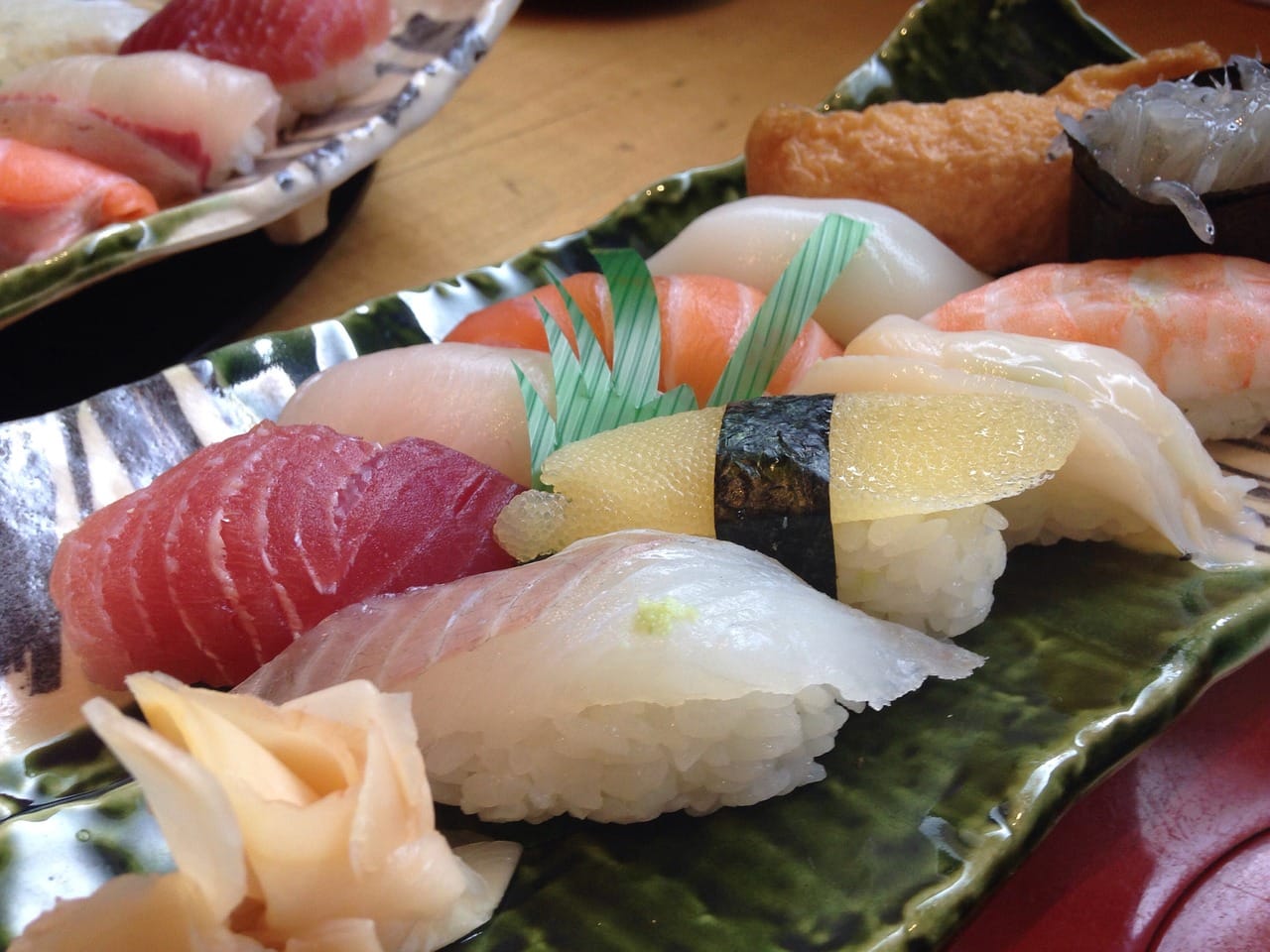Ebisu Yokocho: A Nearby Drinking Spot in Shibuya
Since moving to a Shibuya city in 2024, I've been discovering many spots I
proudly recommend to tourists. I updated this article in January 2025 to incorporate my findings from this research, along with the latest information for 2025.
Another reason for updating the article is the growing interest in tours that allow visitors to safely and deeply experience Shibuya's nightlife. Because Shibuya is a city that continues to develop at a dizzying pace and in complex ways, tourists visiting for the first time find it extremely difficult to discover the truly excellent spots beloved by locals.
This is why food tours led by knowledgeable local guides who know Shibuya inside and out have been gaining popularity, as they take visitors through Shibuya's maze of izakaya establishments.
In fact, Magical Trip's tour, which ranked #1 among all tours on Tripadvisor, has been receiving numerous applications.

If you want to experience authentic izakayas beloved by Shibuya locals, try the "Shibuya Bar Hopping Night Tour in Tokyo," which is ranked #2 on Magical Trip. A knowledgeable local guide who knows Shibuya inside and out will take you to spots where you can enjoy genuine Japanese cuisine.
And if you want to make the most of Tokyo's nightlife, you absolutely must join the "Tokyo Bar Hopping Night Tour in Shinjuku," which is rated #1 on Tripadvisor. You can safely explore Shinjuku's historic retro drinking districts and Kabukicho, the largest entertainment district in Asia, with an expert guide who knows Shinjuku thoroughly.
We hope you'll have a wonderful time experiencing everything Shibuya has to offer by joining a Magical Trip tour!
Introduction
Located at the southern end of Shibuya Ward, Ebisu is just one train stop away from JR Shibuya Station. Despite being next to Shibuya, home to the world's busiest scramble crossing, Ebisu has a somewhat calmer atmosphere.
Ebisu is an adult-oriented area with upscale hotels, museums in Ebisu Garden Place, beautiful red brick streetscapes, and numerous stylish restaurants and shops. Adjacent to quiet residential areas like Daikanyama and Nakameguro, Ebisu was ranked second in the 2021 list of most desirable places to live in the Kanto region, just after Yokohama.
While Ebisu has a strong image as a sophisticated and stylish neighborhood, it also has a drinking district that exudes a retro Showa-era atmosphere and warmth.
Today, we'd like to introduce you to "Ebisu Yokocho."
If you are visiting Tokyo, you should also visit Omoide Yokocho, which is known not only as a drinking district but also as a representative of Tokyo's retro streetscape.
You can also visit Magical Trip's ‘Tokyo Bar Hopping Night Tour in Shinjuku’, where you can soak up the uniquely Japanese atmosphere.
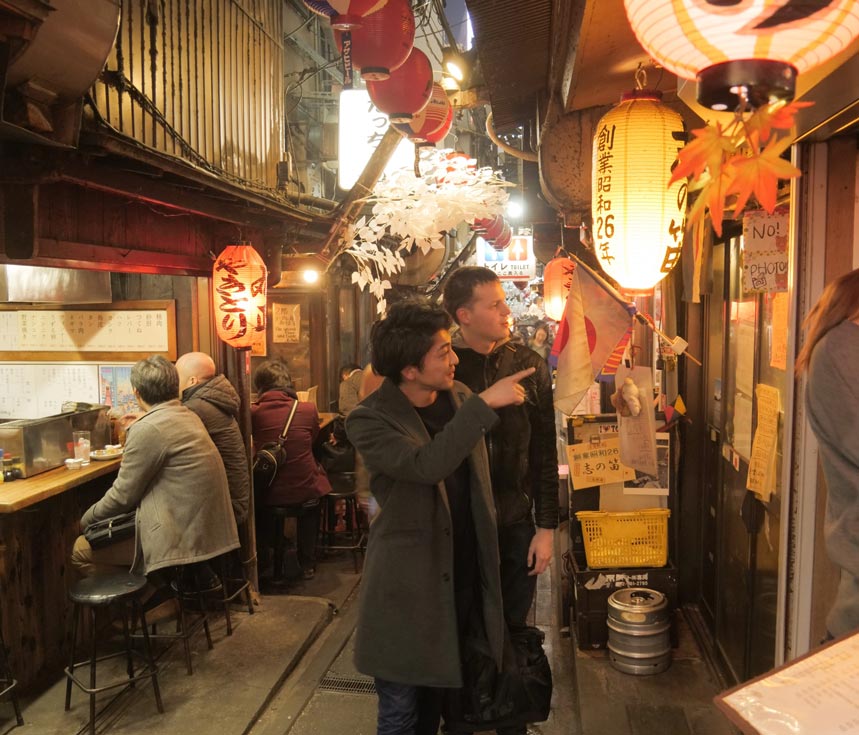
Drinking Culture in Japan
Japan has a long history of drinking culture. Even 300 years ago, during the Edo period, sake brewed using the same methods as today was in circulation. According to Nobuo Harada's book "Edo Food Culture," people in Japan during the Edo period consumed an astounding 54 liters of alcohol per person annually. (In 2017, Japan's annual alcohol consumption was 7.9 liters per person.)
In Japan, where drinking is so prevalent, alcohol is very familiar to people. It's not just consumed on special occasions or celebrations but is frequently enjoyed. While the amount consumed per sitting may be small, it's not uncommon for people to drink every day. Many people drink after work, which is why Japan has a wide variety and number of Izakayas and bars, offering affordable drinking options.
It's also common for people to go "bar hopping," visiting multiple establishments in one night. As a result, there are many "drinking districts" where Izakayas are lined up. These drinking districts are often called "yokocho."
What is Ebisu Yokocho?
source:TripAdvisor
Ebisu Yokocho is a drinking alley created by renovating a 40-year-old public market that flourished during the Showa era. The market, formerly known as "Yamashita Shopping Center," was a collection of individual shops but had been closed for a long time since the 2000s. In 2008, founder Yoshinori Hamakura and a group of prospective shop owners gathered to reopen it as a drinking alley, which became Ebisu Yokocho.
The yokocho brings together 20 unique izakayas and is now affectionately known as "Ebiyoko." It serves as a vibrant community hub where people of all generations, nationalities, and backgrounds come together to raise a glass.
Recommended Points of Ebisu Yokocho
Enjoy a Retro Atmosphere
One of the highlights of Ebisu Yokocho is the opportunity to experience a retro, nostalgic Japanese space. Although it opened as a yokocho in 2008, the 40-year-old building hasn't undergone major renovations. As a result, it retains the feel of the old public market, creating a retro and nostalgic ambiance.
Inside the building, 20 shops are packed tightly together, offering a variety of cuisines from yakiniku to Spanish food. All the shops are full of energy, reminiscent of Japan's bubble economy in the 1990s. The close proximity between customers and shop owners creates a warm, friendly atmosphere where you can feel like you've stepped back in time.
Recently, there's been a retro boom among young people, with old things gaining popularity. Ebisu Yokocho is a space where people of all ages can enjoy themselves without pretense.
Order Menu Items from Different Shops
With 20 unique shops in Ebisu Yokocho, you might find it difficult to choose where to eat. Also, when you're with older people or a romantic partner, you might end up at a place that doesn't serve what you really want to eat. At Ebisu Yokocho, you don't have to worry about this. Although the 20 shops are independent, they offer a delivery service where you can order food from other shops within the yokocho. This is perfect for food lovers who want to try everything.
You can also bring food from any shop within the yokocho to another shop. While food can be freely brought in from other shops, drink orders are mandatory, so make sure to order drinks at each establishment.
Bar Hop Without Getting Wet in the Rain
Since Ebisu Yokocho is indoors, you can explore different shops without worrying about the rain. When moving to your second stop, you can easily find the next shop without checking the weather outside.
In Japan, there's a culture of "bar hopping" called "hashigo-zake," where people don't stay at just one place but move to a second or third establishment to change the mood. Originally, it meant dropping by familiar places and drinking a little at each, but now it's used to describe drinking at multiple places in one night.
The advantage of bar hopping is that you can meet up with new people, change the atmosphere, and enjoy various establishments. You could start with a lively drink with a large group, move to a quieter place with fewer people for the second stop, and end the night alone at a familiar spot.
Possibility of Interacting with Locals Through Shared Seating
Many shops in Ebisu Yokocho have counter seating where shared seating is allowed. This setup allows you to feel close to the shop owner and other customers, which is unique to yokocho. It's not uncommon to strike up a conversation and become friends with the person sitting next to you. While foreigners might perceive Japanese people as quiet and reserved, they can be quite open and friendly in drinking situations.
Even though I'm usually shy, after a few drinks, I find myself talking to strangers. Therefore, there's a high possibility of interacting with other customers in the yokocho. Being able to mingle with local customers and experience a deeper side of Japan is another characteristic of Ebisu Yokocho.
Points to Keep in Mind
Operating Hours Vary by Shop
The 20 shops in Ebisu Yokocho have different operating hours. Many shops open at 5 PM, but closing times vary greatly. While many establishments in the yokocho stay open until early morning, closing at 4 or 5 AM, some close at midnight. Therefore, you might find that your desired second stop has already closed by the time you finish at your first location.
You can check the operating hours of each shop on the website, so it's a good idea to confirm before heading to Ebisu Yokocho.
No Waiting in Line When Shops are Full
Ebisu Yokocho is easily accessible from JR Ebisu Station and is popular among office workers and young people. All shops are very popular, and the yokocho is especially crowded between 6 PM and 9 PM after work hours. Therefore, you might not be able to enter your desired shop if it's full. If there's a specific place you want to visit, try to go earlier.
Also, you can't wait in line at the shops in Ebisu Yokocho. If you see an empty seat at another shop, try your luck there. You might have a wonderful encounter.
Prepare Cash
Some shops in Ebisu Yokocho, which is a collection of individual businesses, don't accept card or electronic payments. Also, some places might not accept 5000 or 10000 yen bills. Therefore, it's best to prepare plenty of 1000 yen bills and coins for quick and easy payment.
This is common not just in Ebisu Yokocho but in many individual shops in Japan. Before entering a shop, check if they accept cards or electronic money. Cash is always accepted everywhere, so it's recommended to always carry some.
Access to Ebisu Yokocho
- Address: 1-7-4 Ebisu, Shibuya-ku, Tokyo
- URL: http://ebisu-yokocho.com/top.html
- 2-minute walk from JR Ebisu Station East Exit via Komazawa Street
- 2-minute walk from Tokyo Metro Hibiya Line Ebisu Station via Komazawa Street
Recommended Tour: Bar Hopping in Neighboring Shibuya
Magical Trip offers a tour of izakayas and bars in the neighboring town of Shibuya. How about joining a tour to explore Shibuya's izakayas with a local guide?
This tour includes a visit to a yokocho-style establishment specializing in meat dishes, similar to the one introduced in this article.
The tour is packed with content, including visits to famous spots like the Hachiko statue and the Scramble Crossing, as well as local bars. Even in crowded establishments, seats are secured, allowing you to enjoy bar hopping at a leisurely pace. You can also interact with local customers.
Click for details:https://www.magical-trip.com/tours-japan/96d199a0-87fe-3e1e-3cf3-20f4b27d5fef html-->
In this article, we introduced Ebisu Yokocho.While Ebisu is known for its stylish and sophisticated image with places like Ebisu Garden Place and red brick streetscapes, we've seen a different side of Ebisu! After enjoying shopping and art in Shibuya or Ebisu, it's recommended to change the mood and end your day with a drink at Ebisu Yokocho. In this yokocho, where you can feel the good old days and experience warm hospitality, new encounters with local people await you.Conclusion


